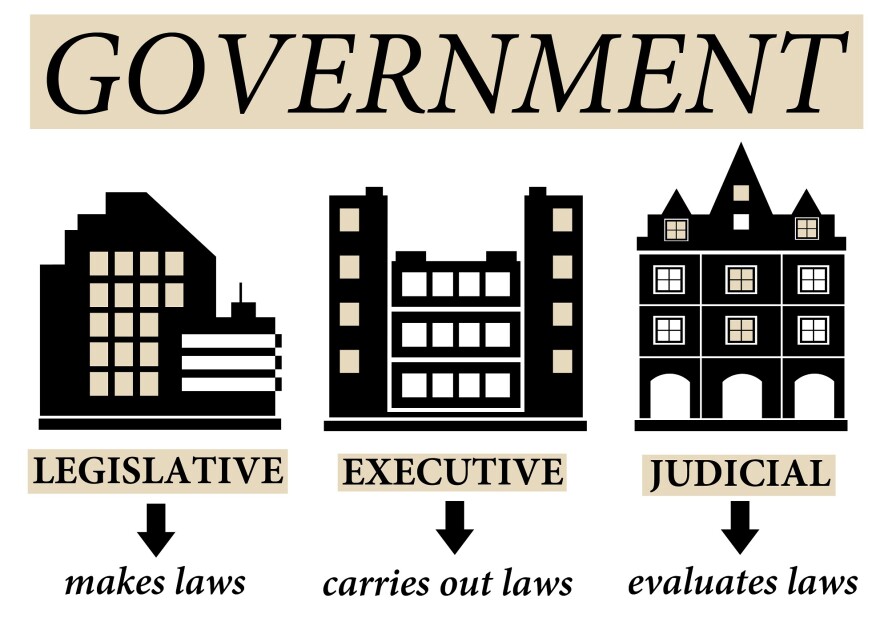The governor may soon be able to get faster approval for his appointed state agency leaders under a bill that would streamline executive appointments.
Florida used to have six Cabinet level positions. Part of the Cabinet’s job is to approve the governor’s state agency heads. But when the state consolidated the Cabinet down to three positions nearly two decades ago, Florida law failed to update accordingly.
"The law reads, with the concurrence of three members of the cabinet and the governor, you have a majority and that person would be confirmed, so to speak, by the Cabinet. But now we only have three members of the Cabinet,” said Rep. Tommy Gregory, R-Bradenton. “So if you require all three, it requires unanimous consent.”
That means one Cabinet member can easily block the governor’s nominee to head a state agency. Gregory’s bill (HB1295) says leaders for the Department of Veterans Affairs and the Florida Department of Law Enforcement can be appointed by a majority vote of the governor and Cabinet – instead of requiring a unanimous decision.
The bill also says the governor can – on his own - appoint a secretary for the Department of Highway Safety and Motor Vehicles and for the Department of Environmental Protection. All leaders would still have to be confirmed by the Florida Senate.
"We haven't had any issues. Last year, for the first time we started doing some of this. You know, some people like to call it a power grab, whatever you want to call it, like reallocation of who does what," said Rep. Dotie Joseph, D-North Miami, wondering why the proposed change is being put forward now. “And the only practical thing that I can think of that was a difference is we have a democratically elected Commissioner of Agriculture which may not always agree with the governor.”
Florida’s 3-member Cabinet includes the chief financial officer, attorney general, and Agriculture Commissioner Nikki Fried, a Democrat who is running for governor. Fried has butted heads with Gov. Ron DeSantis and the Cabinet in the appointment process.
Gregory says there have been a string of issues over the years related to an executive branch that is “mired in inefficiency.” Still, Rep. Michele Rayner, D-St. Petersburg asked, “Why would we as a legislature want to change an appropriate balance of power?"
"This has nothing to do with the balance of power, nothing to do with who's currently in the roles,” responded Gregory. “It doesn't make sense for the governor to go through the Cabinet to appoint somebody to an executive agency. If we're talking about a Cabinet-level function, then we're talking about a different analysis. But for this particular role, this is the proper method that should have always been in place. But now we're correcting it.”
Rep. Cyndi Stevenson, R-St. Augustine, was around at the time the changes were made to the Cabinet. She agrees clarity is needed for the governor to carry out his executive function.
“The constitution was changed in 1998 to reduce the number of Cabinet members, but it wasn't implemented to till 2003,” Stevenson said. “I was involved in local politics at the time, and I know there was a lot of political tension because two of the Cabinet members were going to run for governor. I do think there's some cleanup that needs to be done in these statutes.”
"Thank you for being brave enough to present this today,” laughed Rep. Yvonne Hinson, D-Gainesville. But she joined fellow Democrats in questioning the timing of the legislation. "The balance of power had up until very recently assured that agency appointments had Cabinet member consensus,” Hinson said. “This bill only became a sudden need when the last gubernatorial election also resulted in a Cabinet that had one member of the opposite party. So the intent of this bill is uniquely transparent.”
This isn’t the first time since the Florida Constitution was changed that the state has had a bipartisan Cabinet.
"Our duty here is to plan for the future of our state regardless of the personalities, regardless of who's in office at the time,” said Rep. Ralph Massullo, R-Beverly Hills, the House State Affairs Committee chairman. “I think Rep. Gregory's bill makes the office of our governor and the executive more efficient, and it isn't too dissimilar to the way things are done in our federal government."
The bill passed the committee on a party line vote.




